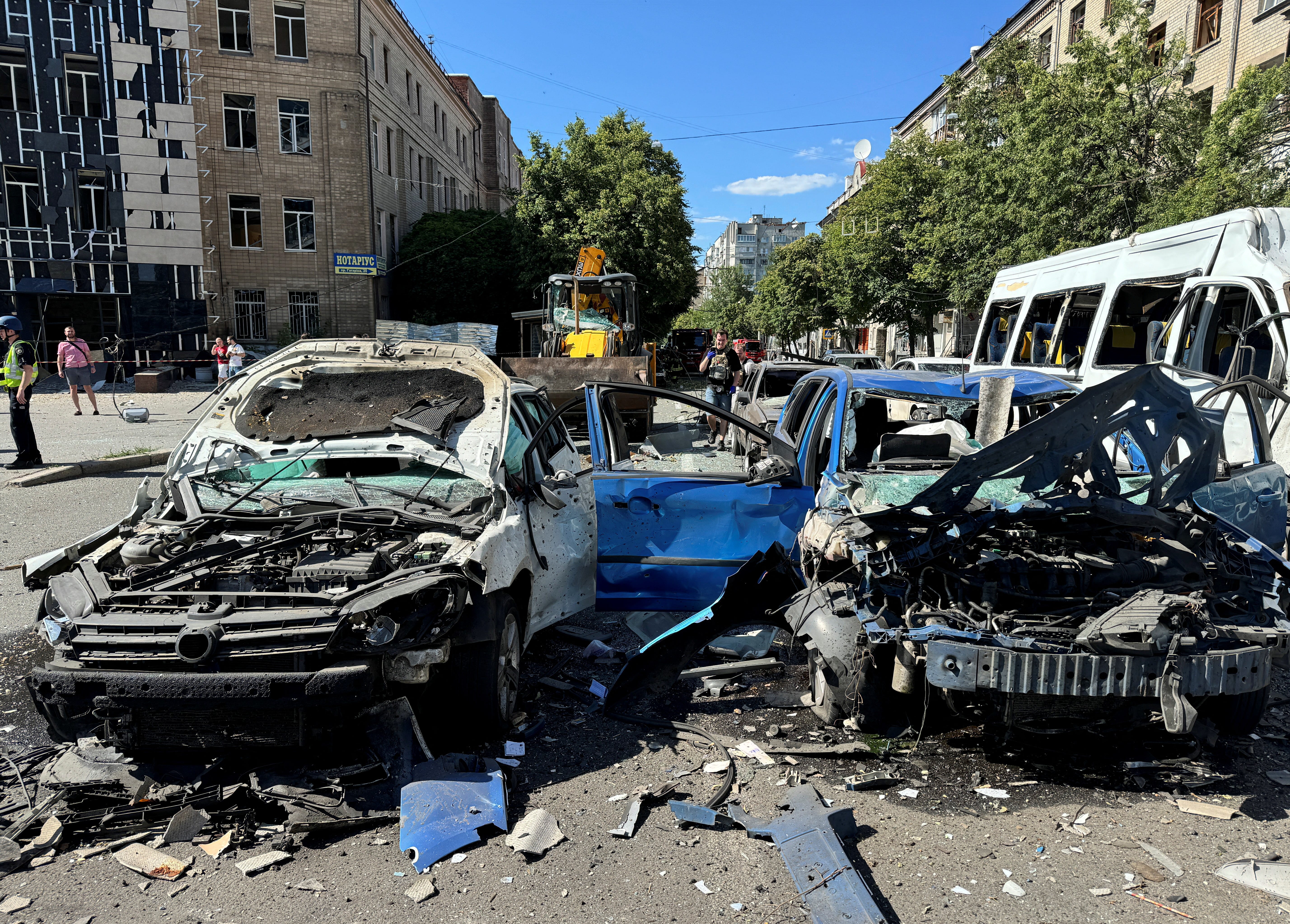Day 851
More attacks, casualties, etc

As of this writing on Monday morning, Russia bombed Odesa again. Not exactly civilian infrastructure. Casualties reported.
The attack comes a day after missiles, equipped with cluster warheads, were shot down by Russian air defence systems in Crimea. Russia’s Defense Ministry said missile debris killed four people, including two children, and injured 151 more.
There were three dead and scores wounded in guided aerial bomb attacks on Kharkiv on Saturday, when one of the four bombs creamed a residential building near the city’s bus terminal. On Sunday, more of the same.

